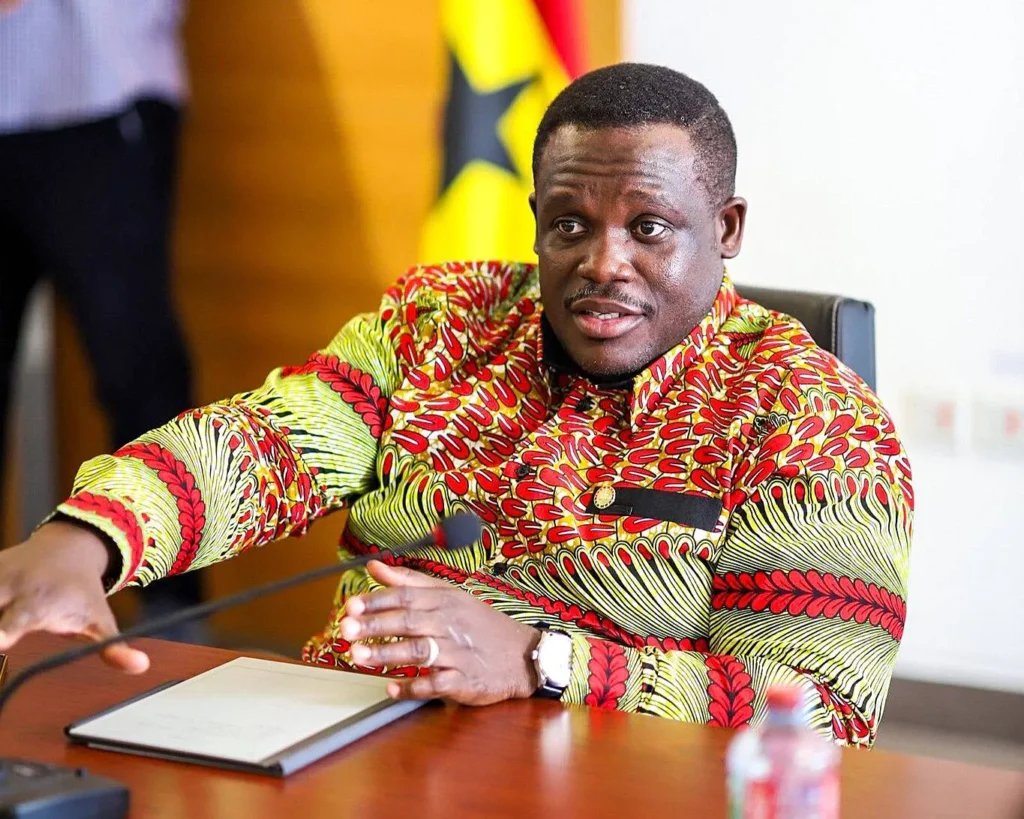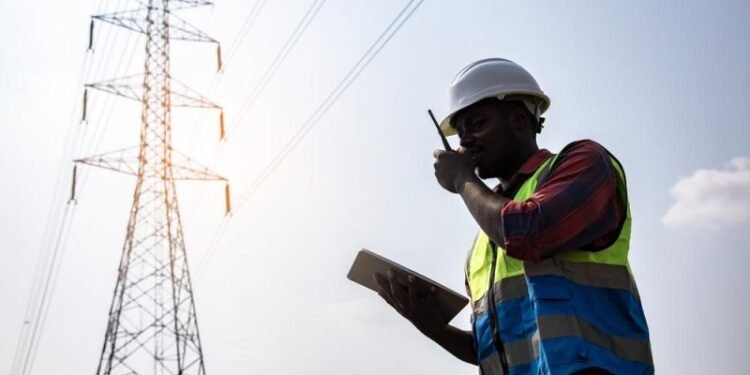The ongoing standoff between the government and MultiChoice Ghana over subscription pricing has taken a dramatic turn, with Dennis Miracle Aboagye, a leading communicator for the New Patriotic Party (NPP), accusing Minister of Communications Sam George of engaging in what he described as an ego-driven battle at the expense of the country.
According to Aboagye, the minister’s actions are tarnishing Ghana’s business environment and could deter future investors.
Aboagye argued that MultiChoice, the parent company of DStv and GOtv, has not breached any laws of the country, despite the minister’s repeated public statements suggesting otherwise.
He emphasized that while many Ghanaians, including himself, find the subscription fees charged by the company too high, the proper approach is to engage in constructive dialogue rather than coercion.
“They provide a service and have set their prices. I think their prices are too high, and I don’t want to pay, so I have unsubscribed and moved towards the Fire TV Stick. Others have done the same.”
Dennis Miracle Aboagye

He pointed out that customer choice and competition, rather than threats, should drive pricing adjustments.
Aboagye explained that in a liberal market economy like Ghana’s, it is inappropriate for a minister to threaten a private company with shutdowns or fines simply to force a price reduction.
Instead, he said, discussions should be held behind the scenes to reach a mutually beneficial outcome.
He added that as more customers choose to leave the service, it could naturally push the company to lower its prices. “But to make it look like you are fighting a citizens’ fight while it’s quite clear you are doing it in the crudest of ways is pathetic.”
Clash Over Pricing Strategy
The conflict began after Minister Sam George announced that MultiChoice Ghana had agreed to reduce its subscription fees following regulatory pressure from the National Communications Authority (NCA).
According to the minister, the company had been given a deadline to implement a price reduction or face suspension of its broadcasting license, along with fines of GHC 10,000 per day for non-compliance.

However, MultiChoice issued a public statement denying that any agreement had been reached, sparking a war of words between the company and the government.
In response, Sam George threatened to enforce regulatory action, including a potential shutdown of the company’s services, if it failed to come to the negotiation table.
“DStv indicated their willingness to engage the Ministry on its concerns on pricing and prayed us to stay our enforcement action. If they have changed their position, then we simply would enforce the regulatory action.”
Sam George
The minister further emphasized that no company should be treated as being above the law and stated that MultiChoice could return to the negotiation table once it is ready to discuss a possible price reduction.
Aboagye Warns of Investor Fallout
However, Aboagye expressed deep concern about the implications of the minister’s handling of the issue, warning that it could send a negative signal to international investors considering Ghana as a business destination.

“Because, of course, no corporate organization would want its stakeholders to have the slightest idea that a minister can simply blackmail them into price reduction. Do you have an iota of an idea what this approach you are using means to prospective investors and businesses?”
Dennis Miracle Aboagye
He stressed that there is no existing law in Ghana that sets price limits for subscription services like those provided by MultiChoice.
Therefore, according to him, Sam George’s actions amount to political populism rather than legitimate regulation.
“We want them to reduce their prices, but surely, your approach is blackmail and threats. That’s not how to lead a sector,” Aboagye emphasized, urging the government to adopt more professional and diplomatic measures in handling corporate disputes.
MultiChoice Standoff Live Consumers In Limbo
The stalemate has left consumers uncertain about the future of their satellite TV services, especially as deadlines loom for potential regulatory enforcement.

The minister has insisted that the government will proceed with enforcement actions if MultiChoice refuses to comply with directives.
On the other hand, Aboagye and other critics argue that a combative stance will not only fail to produce meaningful results but could also undermine confidence in Ghana’s economic policies and deter companies from investing in the country.
As the situation develops, stakeholders are closely watching whether the government will follow through with its threats or shift towards a more collaborative approach.
For now, Aboagye’s remarks highlight the growing divide between those who support strict government intervention and those who favor market-driven solutions.
The debate has also sparked a wider national conversation about the balance between consumer protection, fair pricing, and the need to create an environment that encourages private sector growth.
READ ALSO: Dr. Ntakra Ohene Shares His Cancer Journey



















